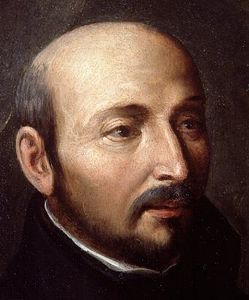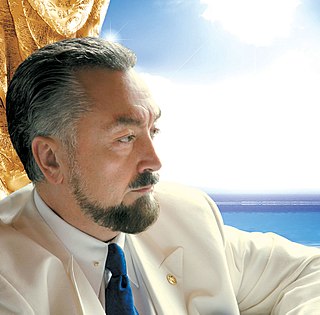A Quote by Ali ibn Abi Talib
The weakest man is the one who is able to correct his moral defects, but doesn't take action.
Related Quotes
One thing that the white man can never give the black man is self respect. The black man in the ghettos, have to start self correcting his own material moral, and spiritual defects, and evil. The black man need to start his own program to get rid of drunkenness, drug addiction and prostitution. The black man in America has to lift up his own sense of values.
Just as the commander of an army pitches his camp, studies the strength and defenses of a fortress, and then attacks it on its weakest side, in like manner, the enemy of our human nature studies from all sides our theological, cardinal, and moral virtues. Wherever he finds us weakest and most in need regarding our eternal salvation, he attacks and tries to take us by storm.
Ideas are powerful things, requiring not a studious contemplation but an action, even if it is only an inner action. Their acquisition obligates each man in some way to change his life, even if it is only his inner life. They demand to be stood for. They dictate where a man must concentrate his vision. They determine his moral and intellectual priorities. They provide him with allies and make him enemies. In short, ideas impose an interest in their ultimate fate which goes far beyond the realm of the merely reasonable.
It is quite useless to declare that all men are born free if you deny that they are born good . Guarantee a man's goodness and his liberty will take care of itself. To guarantee his freedom on condition that you approve of his moral character is formally to abolish all freedom whatsoever, as every man's liberty is at the mercy of a moral indictment which any fool can trump up against everyone who violates custom, whether as a prophet or as a rascal.
At the same time believers realise that the defects they see in one another are tests from Allah. For this reason they don't call attention to these defects, but compensate for them by acting positively. They carefully avoid the slightest action, facial expression or word that would suggest ridicule.
He who does not meditate acts as one who never looks into the mirror and so does not bother to put himself in order, since he can be dirty without knowing it. The person who meditates and turns his thoughts to God who is the mirror of the soul, seeks to know his defects and tries to correct them, moderates himself in his impulses and puts his conscience in order.
Let's just call things what they are. When a man's love of finery clouds his moral judgment, that is vanity. When he lets a demanding palate make his moral choices, that is gluttony. When he ascribes the divine will to his own whims, that is pride. And when he gets angry at being reminded of animal suffering that his own daily choices might help avoid, that is moral cowardice.






































